Criminalizing Palestine Solidarity Activism in the UK
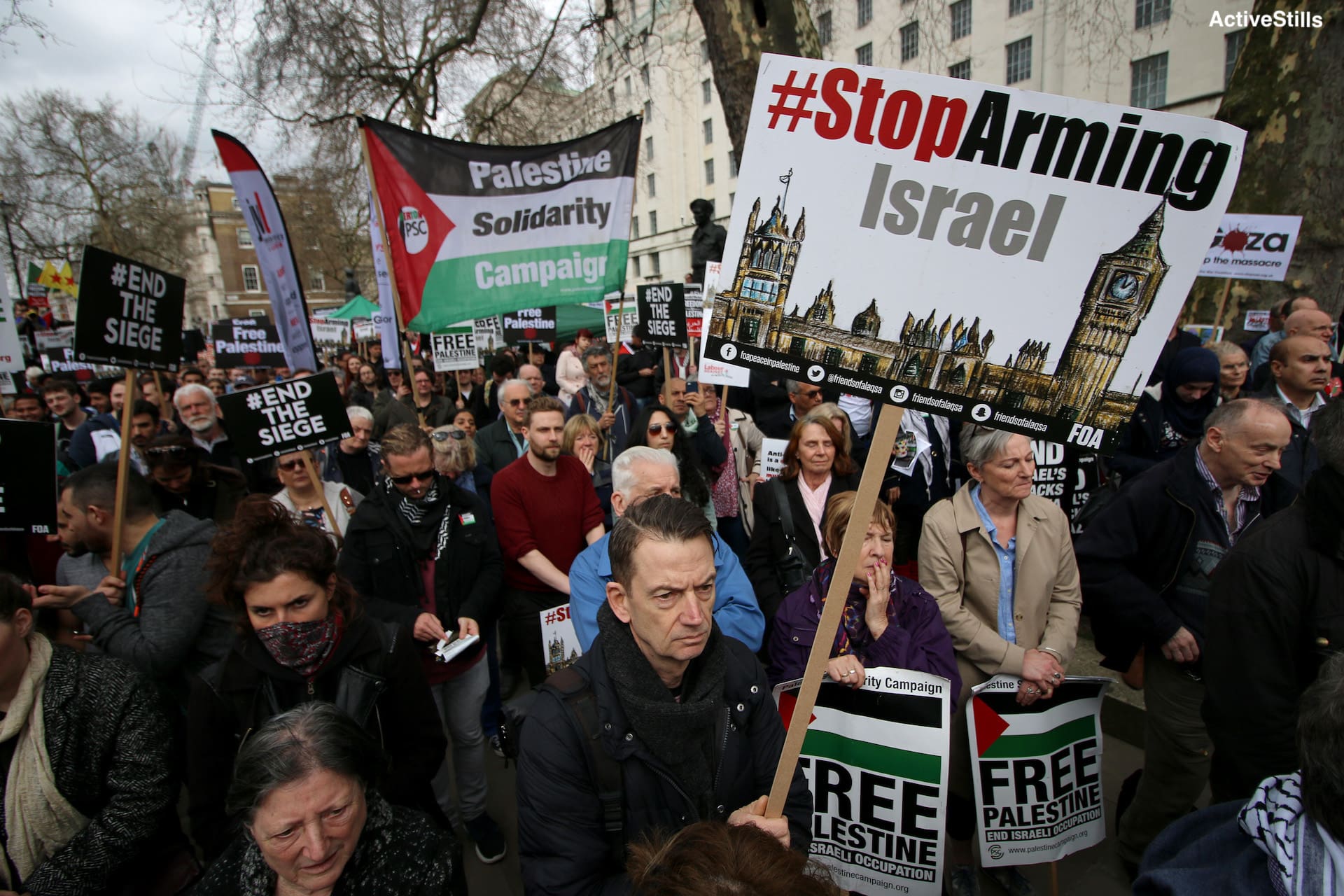
A new wave of repressive UK government policies aims to suppress protest and political expression, posing a direct threat to Palestine solidarity work. Al-Shabaka’s senior policy analyst, 24588, locates this latest crackdown within Britain’s enduring support for Zionism, and shows how only in broad, intersectional alliances can social justice activists effectively repel state-led repression.
Restricting US Military Aid to Israel in the Age of Normalization

With the rise in global solidarity with Palestinians since the May 2021 Unity Intifada, United States policymakers and activists are calling for conditioning and halting US military aid to Israel. Al-Shabaka’s US policy fellow, 24507, examines this shifting tide and offers recommendations for how policymakers, lobbyists, and the international community can seize on this historic moment in the defense of Palestinian rights.
Trump’s “Deal” for Palestinians: Repercussions and Responses
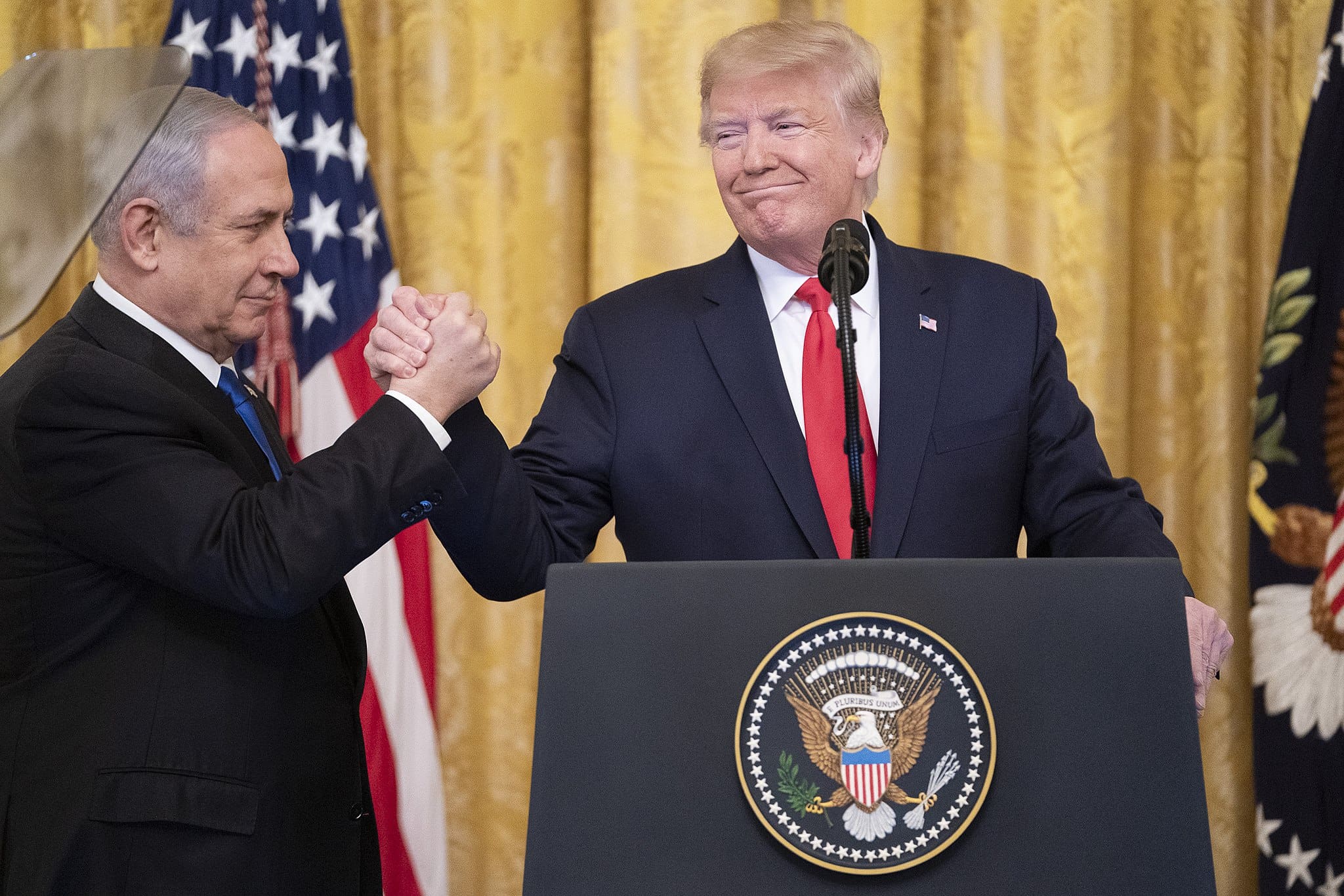
Though US President Donald Trump’s “Deal of the Century” largely does not change conditions on the ground for Palestinians, it helps legitimize the Israeli colonial project, which continues apace despite the COVID-19 pandemic. Al-Shabaka analysts from around the globe weigh in on the repercussions of the deal where they live and offer steps to counter them.
Israel’s Losing Battle: Palestine Advocacy in the University
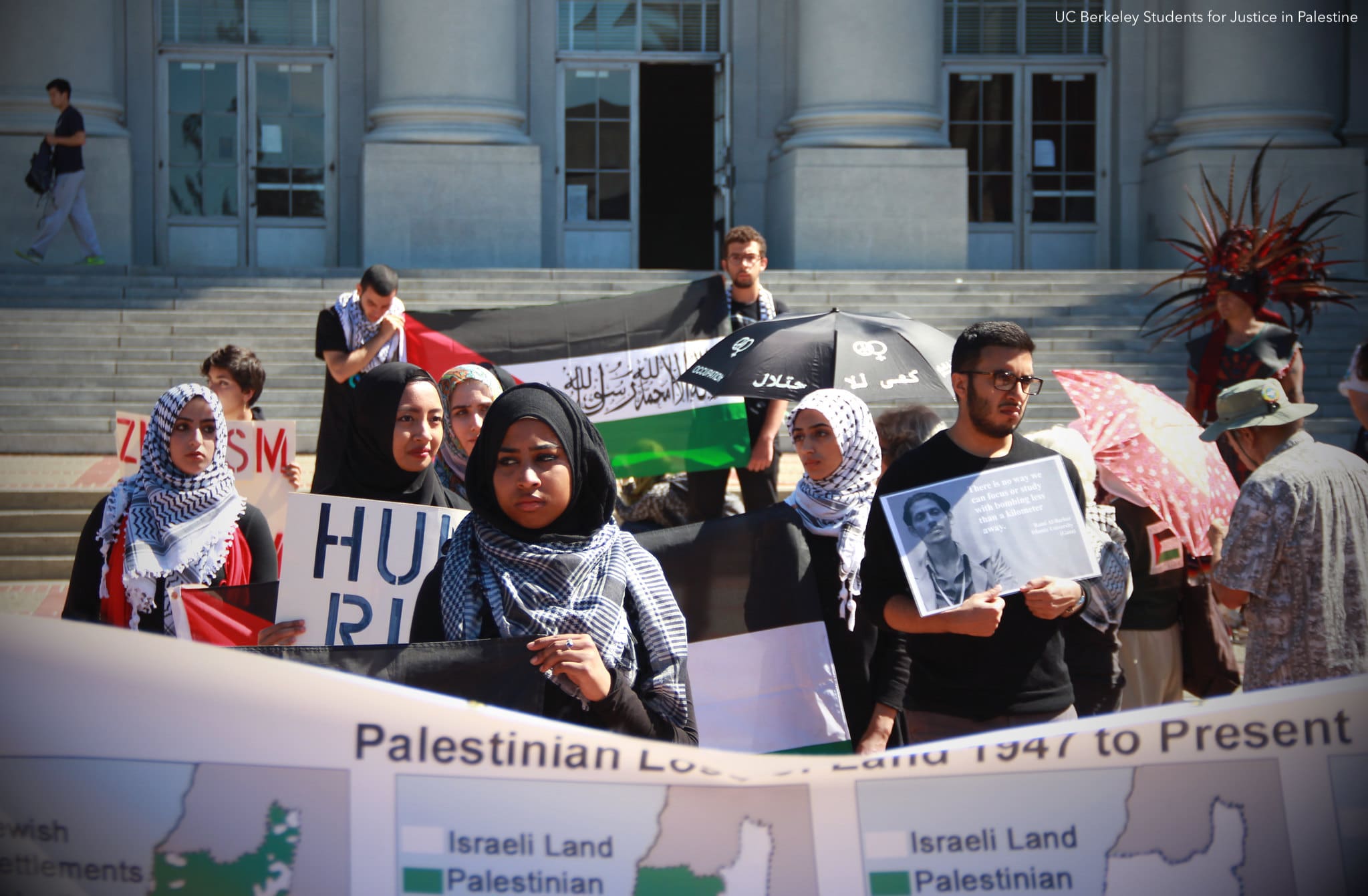
The majority of suppression of Palestine advocacy in the US targets university students and faculty. Al-Shabaka’s Hatem Bazian traces the historic rise of this advocacy, offering recommendations for how the university, despite attacks against it, can continue to provide and even amplify an environment that fosters critical thinking on Palestine, in turn furthering the struggle for Palestinian rights.
The US Democratic Candidates on Racial Justice and Palestine: Divergence or Convergence?
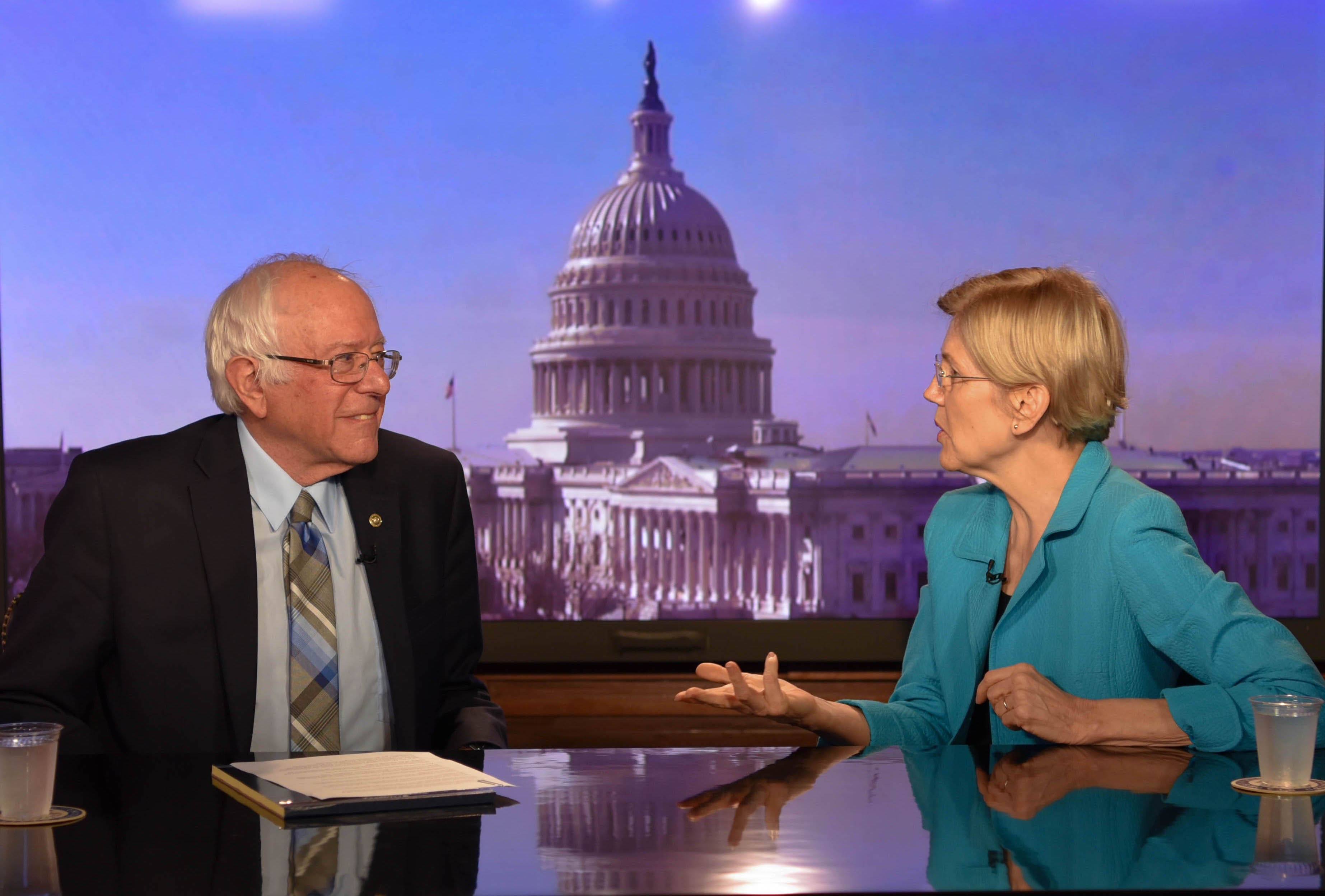
Al-Shabaka’s 24418 traces the top Democratic presidential candidates’ positions on Palestine and assesses them relative to their stances on racial justice in the US, arguing that while foreign policy has rarely differentiated US presidential candidates, in this election it is a key litmus test for a candidate’s sincerity vis-à-vis their commitment to civil and human rights.
Criminalizing Palestinian Resistance: The EU’s Additional Condition on Aid to Palestine
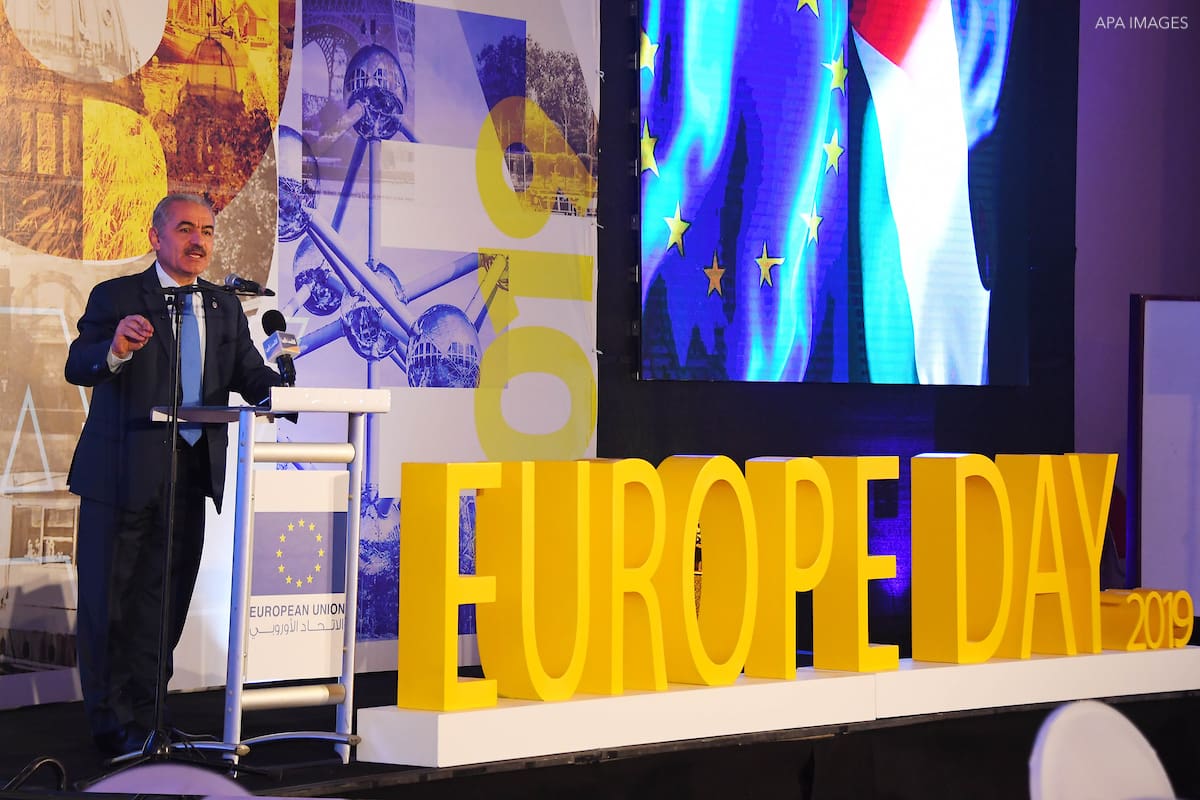
The EU recently announced additional conditions on its aid to Palestinian civil society organizations, namely that they must not deal with individuals or groups designated by the EU as “terrorist.” What effects will this have and what can Palestinians do about it? Al-Shabaka spoke with policy analyst Tariq Dana about these questions and international aid to Palestine more broadly.
Focus On: International Aid to Palestine
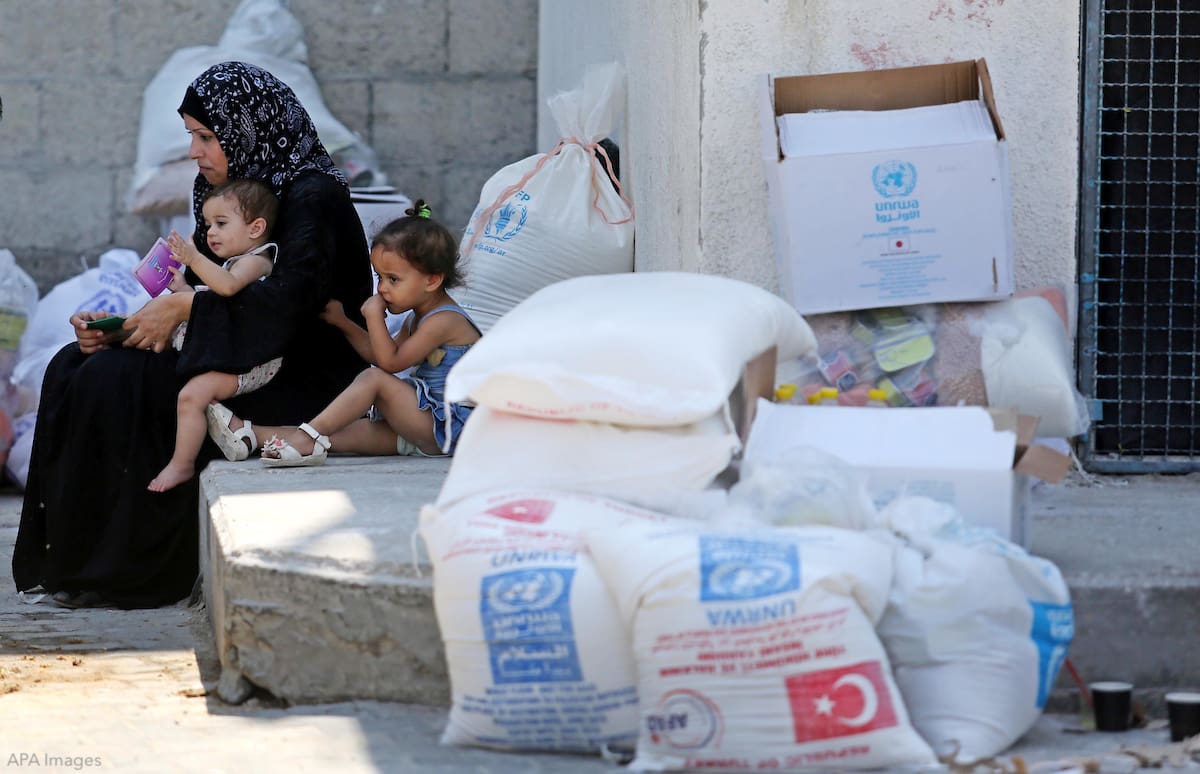
The Trump Administration’s aid cuts to Palestinians, while disastrous, can spur a reassessment of the Oslo Accords aid model, which for decades has failed to bring Palestinians closer to freedom, self-determination, or statehood. In this collection of pieces, Al-Shabaka analysts examine aid to Palestine and its harmful ramifications, and suggest ways to reform and reinvent Palestinian aid.
The US Law Restricting Satellite Imagery of Palestine-Israel
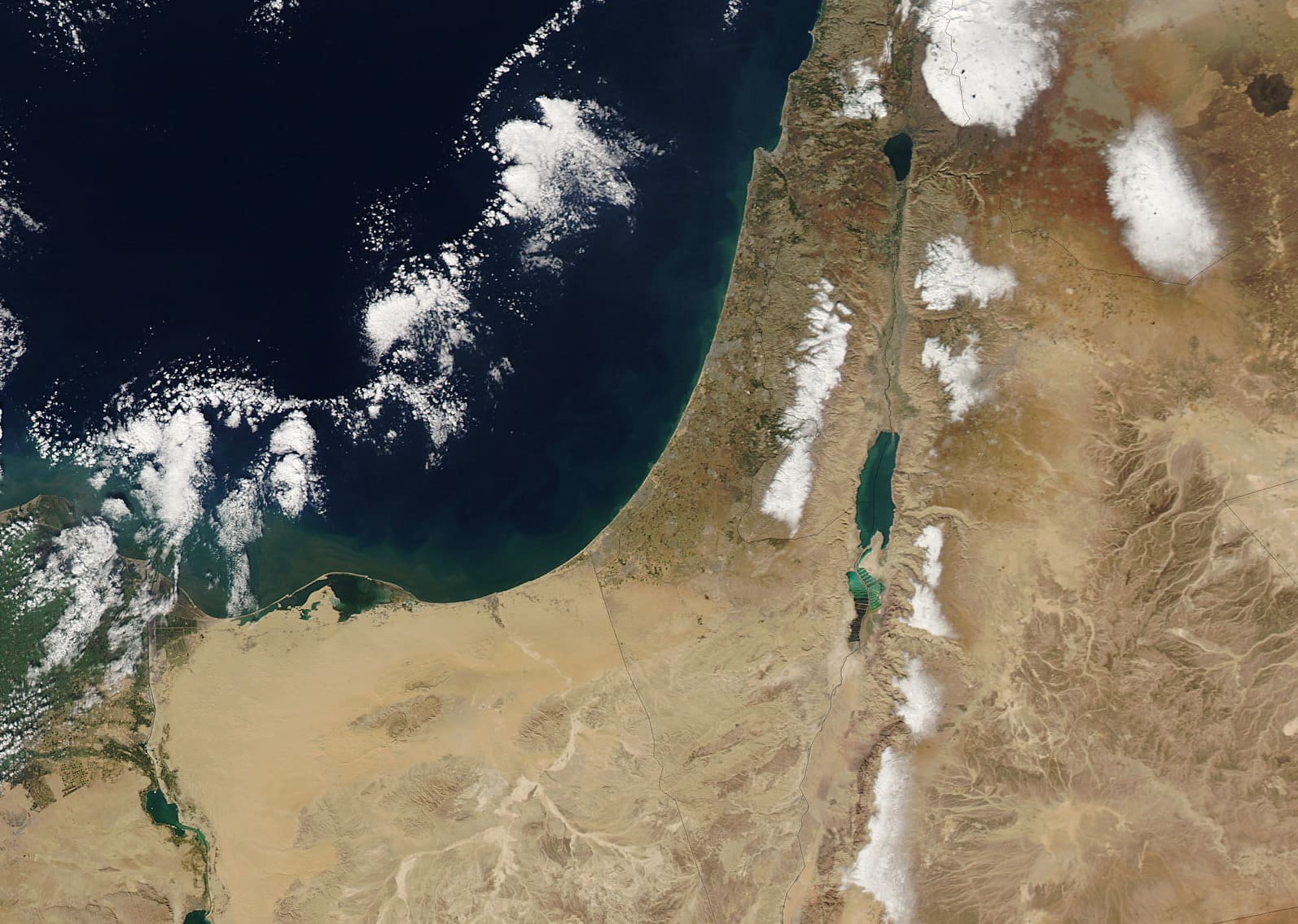
The Kyl-Bingaman Amendment, passed by the US Congress in 1997 under the pretext of protecting Israel’s national security, prevents US satellite operators and retailers from selling or disseminating high-resolution images of Palestine-Israel. Al-Shabaka US Policy Fellow 24598 argues that the legislation is an act of censorship that also harms US business, and calls for its dissolution.
Donor Perceptions of Palestine: Limits to Aid Effectiveness
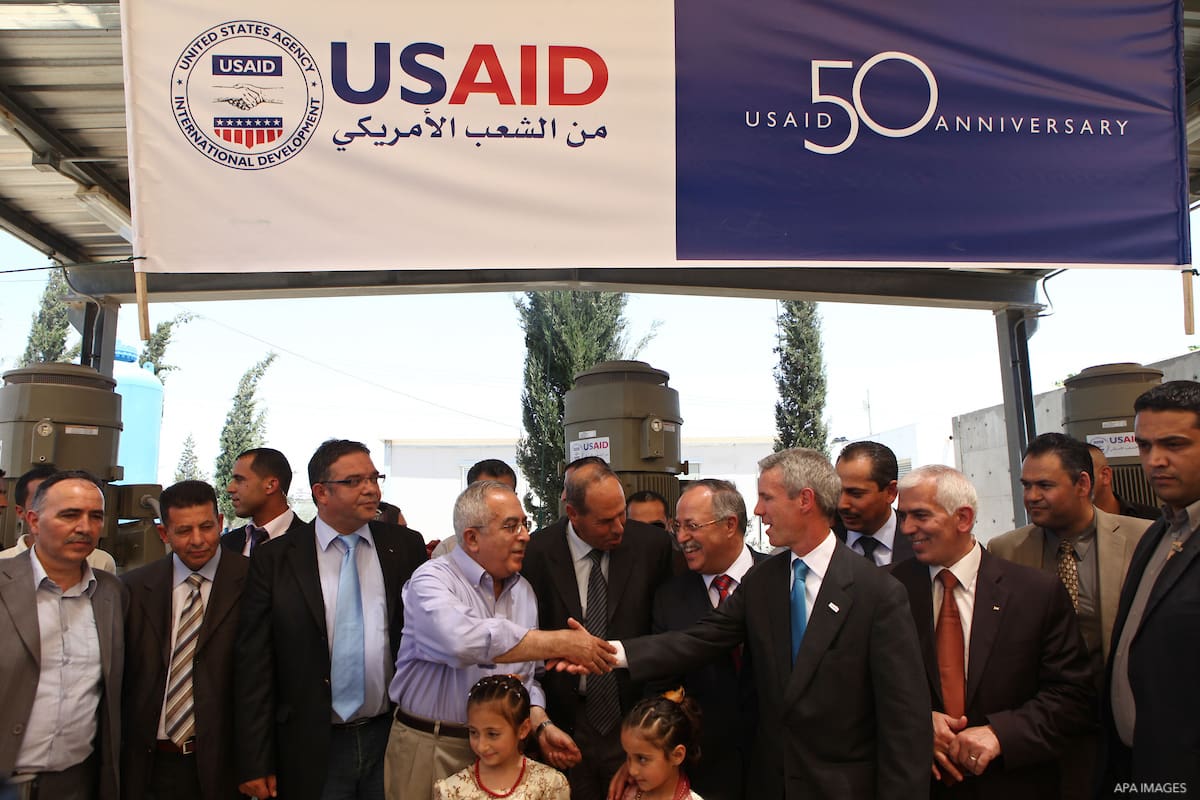
Though Western donors have poured billions into the Palestinian economy since the Oslo Accords, the funds have not resulted in development and regional peace. Al-Shabaka Policy Analyst Jeremy Wildeman examines and compares donor perceptions of Palestine through an assessment of donor reports to comprehend how donors have contributed to this result, and recommends Palestinian sovereignty over the aid process.








